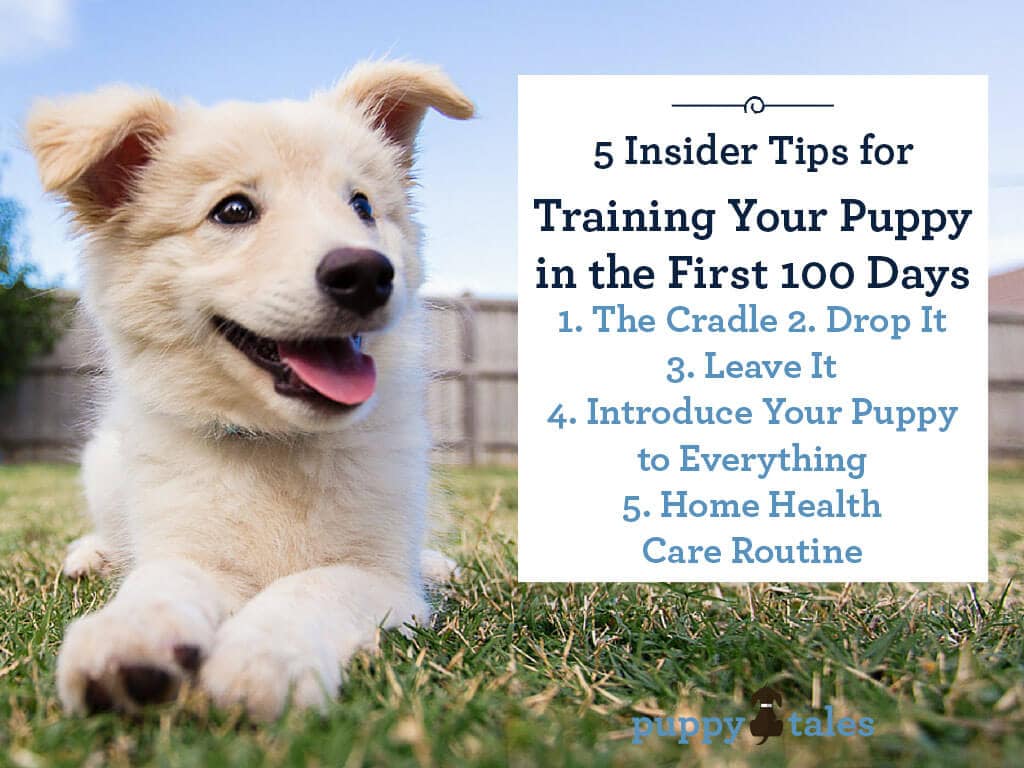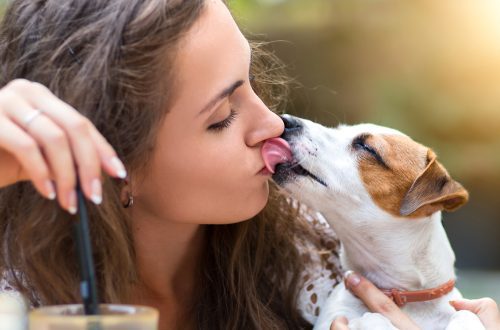
Senk konsèy pou fòme ti chen ou
Bringing a puppy home is an exciting time for both of you. Of course, this period implies some difficulties. Your new pet needs to learn what to do and what not to do. These guidelines will help you explain to him what’s what, whether you plan to raise a puppy yourself or hire someone to help teach your pet about good and bad behavior. So how do you train a puppy at home? How many months is it worth starting education and how to do it right?
Before you begin, make a list of everything your dog needs to know. Teach her the basic commands she will need to respond to most often, such as “sit,” “down,” “roll,” “paw,” “place,” or “come.” We also recommend training your dog to control barking and whining during this process. Other correct behaviors include walking on a leash, not begging for food, and avoiding “accidents” in the home. Once you know what you want to teach your four-legged friend, you can choose which puppy training tips you want to use. The sooner you start training, the more successful the process will be. Ask your veterinarian or professional trainer what is the best age to start training.
contents
1. Consistency forms a habit
If you have a dog, you can try to start training it at home. This is a great way to get to know each other and help develop good habits in your shared home. A dog that naturally respects you as a leader will also enjoy the learning process, even when you teach him what not to do at home or on the street. Before you begin training your puppy, take a look at the various methods available. Be sure to plan a training program and stick to it by trial and error. Dogs are creatures of habit, and the more consistent you are in training them, the more consistent they will be in the end.
2. Lead by example (and give a treat from time to time)
Puppies are extremely easy to stimulate with treats. A reward-based training program is a great way to motivate your dog to learn and follow commands. However, you must remember that too many treats can lead to weight gain, so start gradually weaning your dog off the treats as he develops the behavior based on verbal commands. Also, dog training with rewards is not the only self-training method available to you. Who is the leader in your house? Dogs are pack animals and instinctively they follow the “alpha dog”. Be the leader of the pack for your pet, showing him an example of what behavior you expect from him. Use verbal praise each time he performs a command to reinforce good behavior and also strengthen your relationship.
3. Konsilte yon pwofesyonèl
If you are unsure about self-training a puppy, consult a specialist. Among other things, the dog handler can give you tips that will enable you to be successful in training your pet. Make sure that the trainer who trains your puppy has all the necessary documents confirming his professionalism and the philosophy that you share. For example, the approach of some dog handlers may not be adapted to certain breeds or seem too aggressive to you.
4. Enskri pou klas an gwoup
If you do not want to work with a cynologist individually, you can sign up for group classes. You and your dog will be trained by a professional, and the pet will have a great opportunity to socialize with other dogs. And the better your dog is socialized with people and animals, the more likely it is to be well behaved wherever you go. Ask your veterinarian, visit your local pet store, or search classifieds on online dog forums to find these activities in your area.
5. Have fun with your puppy and be patient
Whether you’re doing it on your own or with the help of a professional trainer, it’s important to be patient and stay positive when training your four-legged friend. A puppy learns so much about the world around him that it can be difficult for him to immediately remember everything he has learned. Let him make mistakes from time to time: stay calm and cheer while he learns. This is as important as reinforcing the rules he will eventually learn.
Feel free to ask your friends, family, and professionals for advice on pet training when you need it. Dog training requires patience, but it should be remembered by both of you as a wonderful time in your life!





